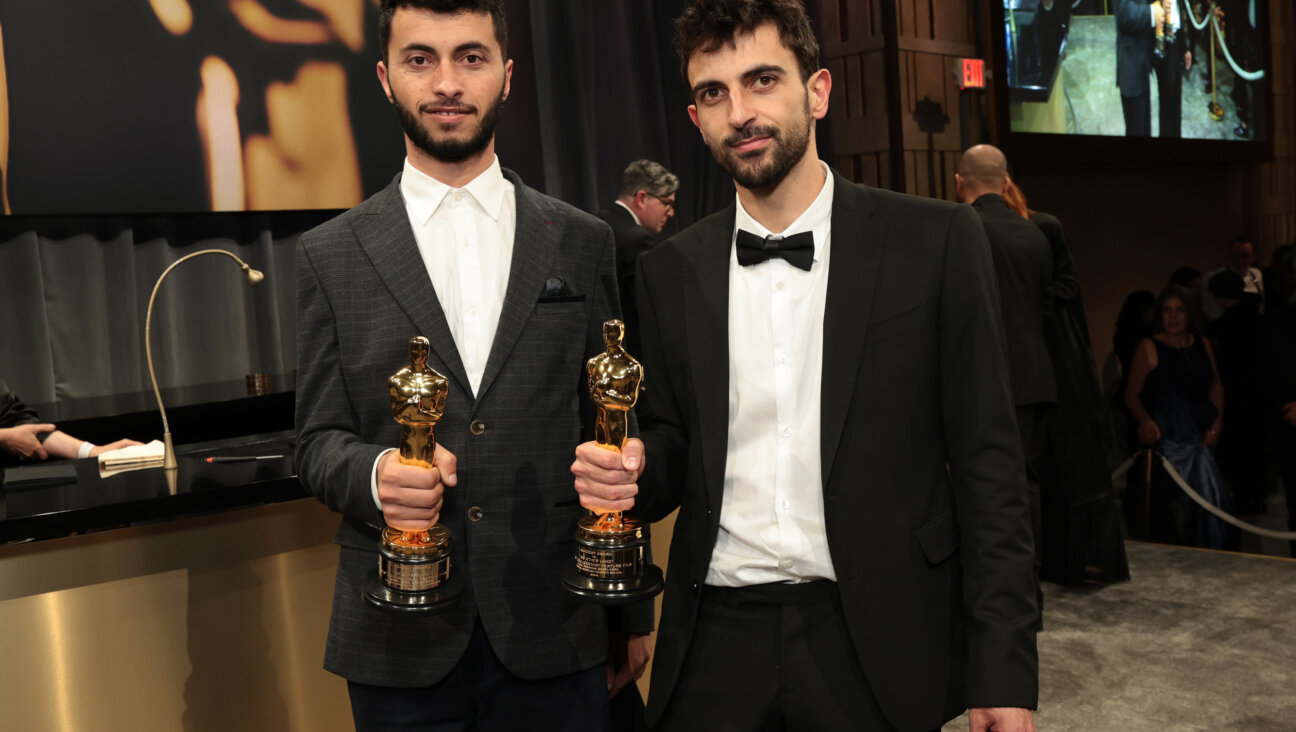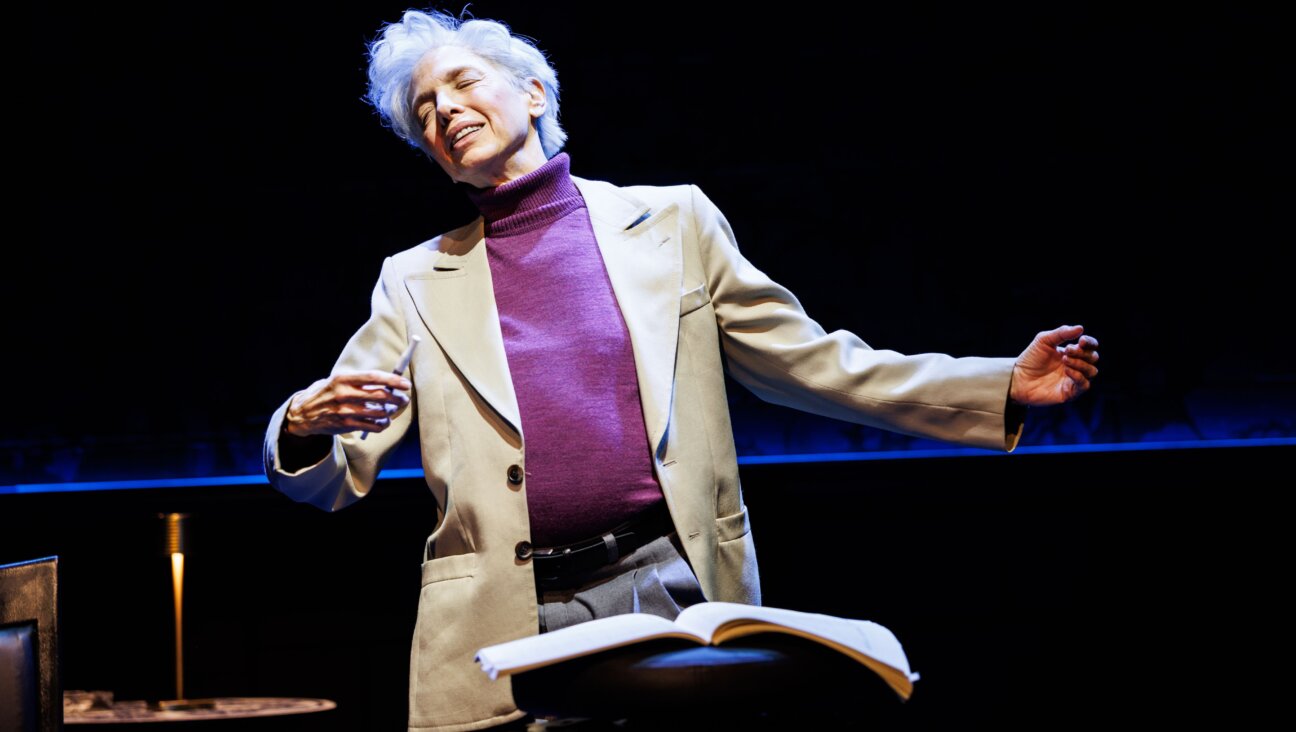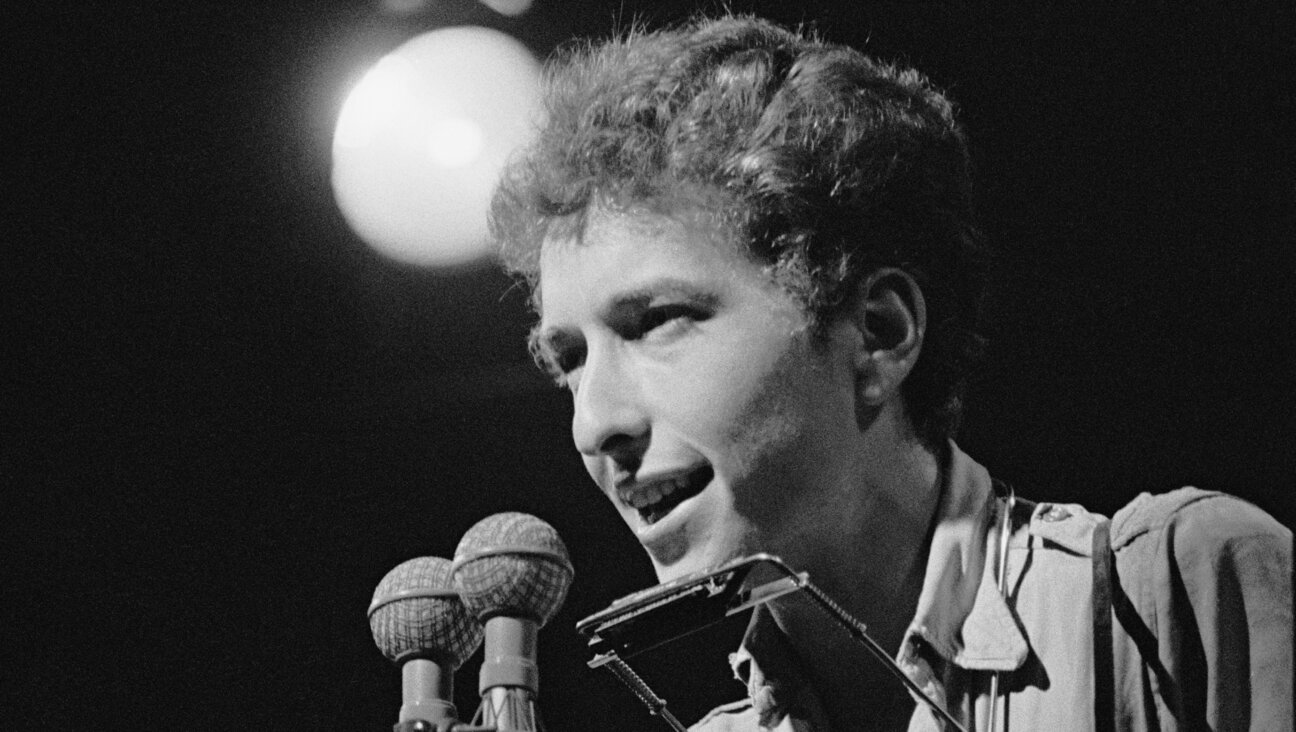A Wife, Down and Out in Berlin

This Must Be the Place

Riverhead Books, 303 pages, $24.95.
Days after moving to Berlin from Brooklyn this summer, I fell into a deep funk. It was the kind of can’t-get-out-of-bed depression where at 5 p.m. you realize that you haven’t left the apartment all day — except once, and that was to get a donner kebab, the pervasive Turkish street food and Berlin’s answer to the New York slice. I knew that outside, out in Berlin, there were galleries to see and cafés to idyll in, but I couldn’t bring myself to leave. It all just seemed so gray, vast and empty. I was realizing that Berlin, with all its heavy history, could do this to a person.
It probably wasn’t the best idea, then, to start reading Anna Winger’s debut novel, “This Must Be the Place.” When the book opens, Winger’s protagonist, Hope, a third grade schoolteacher from New York, has also just arrived in Berlin, and fares even worse than I have. Drawn to Europe by a husband who spends his weeks in Poland — leaving in his stead a stack of books for his non-Jewish wife, with titles that invariably contain the words “Holocaust” or “antisemitism” — Hope hides out.
She uses “Hitler’s Willing Executioners” to prop open the bathroom door while she soaks all day in the tub. Besides, she has her own problems without the Jews to worry about. Just months earlier, she miscarried a baby she desperately wanted. Then she lived through the attacks of September 11. It’s with this burden that she arrives in Germany.
While Hope’s economist husband is off working in Poland, reveling in the idea that “the very people who had once driven out his grandparents now needed his help,” Hope is left alone in their vast, empty apartment in Charlottenburg, an upscale, if now slightly boring, section of former West Berlin. Before arriving, she had imagined a city that resembled Paris and where the women all looked like Marlene Dietrich. Instead, she’s been exiled to a city she compares to Newark: a bit bombed out, not so booming and a little bleak.
Not until she meets her upstairs neighbor, Walter Baum — who, pushing 40, is also stuck — does she feel ready to venture out. It’s their friendship that will form the center of the book and pull Hope out of the bathtub and allow her to see the city, with all its complexities, that she now inhabits.
When we meet him, Walter, once the star of a popular German television series in which he played Hans, a young buck often shown shirtless and brushing horses in a small Bavarian town, is fat and balding. Since 1986 he’s been the German voice of Tom Cruise, dubbing 14 of Cruise’s movies into German.
Walter’s girlfriend, who is too young and too pretty, has just left him, and he drives a convertible that makes no sense in a city where it’s always rainy and cold. He lives in constant fear of appearing in the pages of Leute von Gestern, People of Yesterday, a popular newspaper column where readers experience “a daily dose of thrilling Schadenfreude at the miserable afterlife of someone who once had it all.” And he is slightly miserable.
That is, until he meets his attractive American downstairs neighbor, Hope.
Walter sees Hope as some sort of salvation. He believes in her the same way he believes in Tom Cruise. And Hope, following the advice of her mother, just wants a friend — especially one that doesn’t know about her miscarriage.
Berlin, of course, is the perfect backdrop for two people unable to face their past. It’s a city where you literally trip over history every time you pass a “stumbling block,” the plaques placed on the ground outside the homes of people who died in the Holocaust.
It’s a city that is still busy making itself whole, unifying East and West, and figuring out what it wants to be.
“It’s amazing how you live with history here,” Hope tells Walter during their first conversation. “In New York, people only think about what’s going to happen next.”
Winger didn’t randomly choose to set her first novel in Berlin; the Massachusetts native lives here with her family. But Berlin is a city that lends itself to stories about how the past can often weigh down the present. The city — destroyed in war, divided for almost 50 years and now whole again — is itself a metaphor for renewal and overcoming fraught history.
At times, the power of Berlin as a metaphor becomes an easy a crutch for Winger. Walter struggles to make whole again a torn map of Berlin that he finds on the ground. Realizing that her bland white walls are actually layers of wallpaper, Hope tears away at them, revealing plastered newspaper from the Nazi years and then, at the bottom, a beautiful mural of fairytales.
(And as long as I’m at it, there’s that whole naming-the-protagonist “Hope” thing. We get it! We get it!)
But there is much that is fresh here, and it’s a pleasure to read a story about finding oneself again not though romance but through friendship.
The novel ends on a more optimistic note than that on which it began, which gives me, er… hope about my own year here in Berlin. There still might be something heavy about this city that makes you want to stay in bed, but perhaps once you get on the U-Bahn and start chipping away at all those layers — like the wallpaper in Hope’s apartment — the complexity of all that history has its own engaging beauty.
Deborah Kolben is an Arthur F. Burns fellow living in Berlin.
A message from our Publisher & CEO Rachel Fishman Feddersen

I hope you appreciated this article. Before you go, I’d like to ask you to please support the Forward’s award-winning, nonprofit journalism so that we can be prepared for whatever news 2025 brings.
At a time when other newsrooms are closing or cutting back, the Forward has removed its paywall and invested additional resources to report on the ground from Israel and around the U.S. on the impact of the war, rising antisemitism and polarized discourse.
Readers like you make it all possible. Support our work by becoming a Forward Member and connect with our journalism and your community.
— Rachel Fishman Feddersen, Publisher and CEO





























